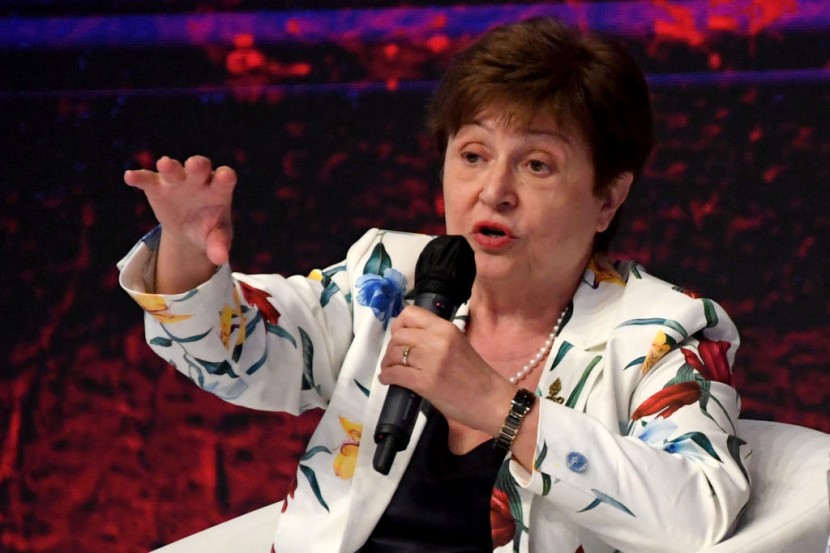
Kristalina Georgieva, the head of the International Monetary Fund (IMF), warned on Wednesday that if leaders fail to safeguard the most disadvantaged from inflation, there will be myriad consequences around the world.
Georgieva noted in an interview with Christiane Amanpour of CNN that it is crucial to consider the cumulative effect of multiple crises that already put the patience and resiliency of people to the test. And there will be repercussions if authorities fail to help the most disadvantaged.
Georgieva: Price Stability is Key But Entails Risks
She warned failure to bring down inflation will harm the most vulnerable, as a rise in food and energy prices is an "inconvenience" for the wealthy but a "tragedy" for the underprivileged.
"So we think of poor people first when we advocate for attacking inflation forcefully," Georgieva noted.
Central banks worldwide must raise interest rates to fight inflation, she added. Fiscal policy, if it goes liberally to help everyone, will be in the path of monetary policy, "it would be the enemy of monetary policy," the IMF head warned. Increasing demand pushes prices higher, requiring additional tightening.
Restoring the circumstances for growth is the crucial issue at hand, and price stability is a crucial prerequisite, she said. Globally, central banks have been obliged to tighten monetary policy in response to rising prices, which is intended to reduce inflation but runs the danger of sending countries into recession.
To slow down the fastest price increases in forty years, Federal Reserve authorities in the US changed their strategy and aggressively raised rates. Rate increases in the US have also contributed to the dollar's strength, which makes it more difficult for nations to service their debt in dollars and exacerbates their own inflationary hardship.
Georgieva said there is "no doubt" that the IMF's board will soon authorize a mechanism known as a "food-shock window" to aid nations affected by the supply crisis brought on by Russia's invasion of Ukraine, which has delayed grain exports, per Bloomberg.
Buckle up For 'Tougher' Year
The IMF head also noted: "This year is tough, next year tougher" as a result of multiple shocks occurring at once such as the COVID-19 pandemic, which is ongoing, and the Russia-Ukraine war, which drives energy and food prices up, leading to a cost of living crisis.
She anticipates that slowed growth from increased borrowing prices will feel like a recession for millions of people even if the global economy escapes a technical slump. In an interview with Bloomberg Television on Wednesday in New York, Georgieva stated that "increased interest rates will bite" and we will witness its impact on economic growth.
Thus, the IMF chief advised hundreds of millions of people to "buckle up" as they will experience the effect "as a recession." But once inflation gets under control, growth and recovery should follow. IMF chief Kristalina Georgieva said, "There will be people on the street." The sense of survival and the sense of community will be lost if authorities will not act to control the rising inflation.
At the opening of the World Economic Forum in Davos in May, the IMF chief issued a warning that the world economy may be facing its "greatest challenge since the Second World War," as reported by The Financial Times.
Related Article : Volodymyr Zelensky Urges Russians To Protest Partial Mobilization; Citizens Flock Border in Bid To Escape








